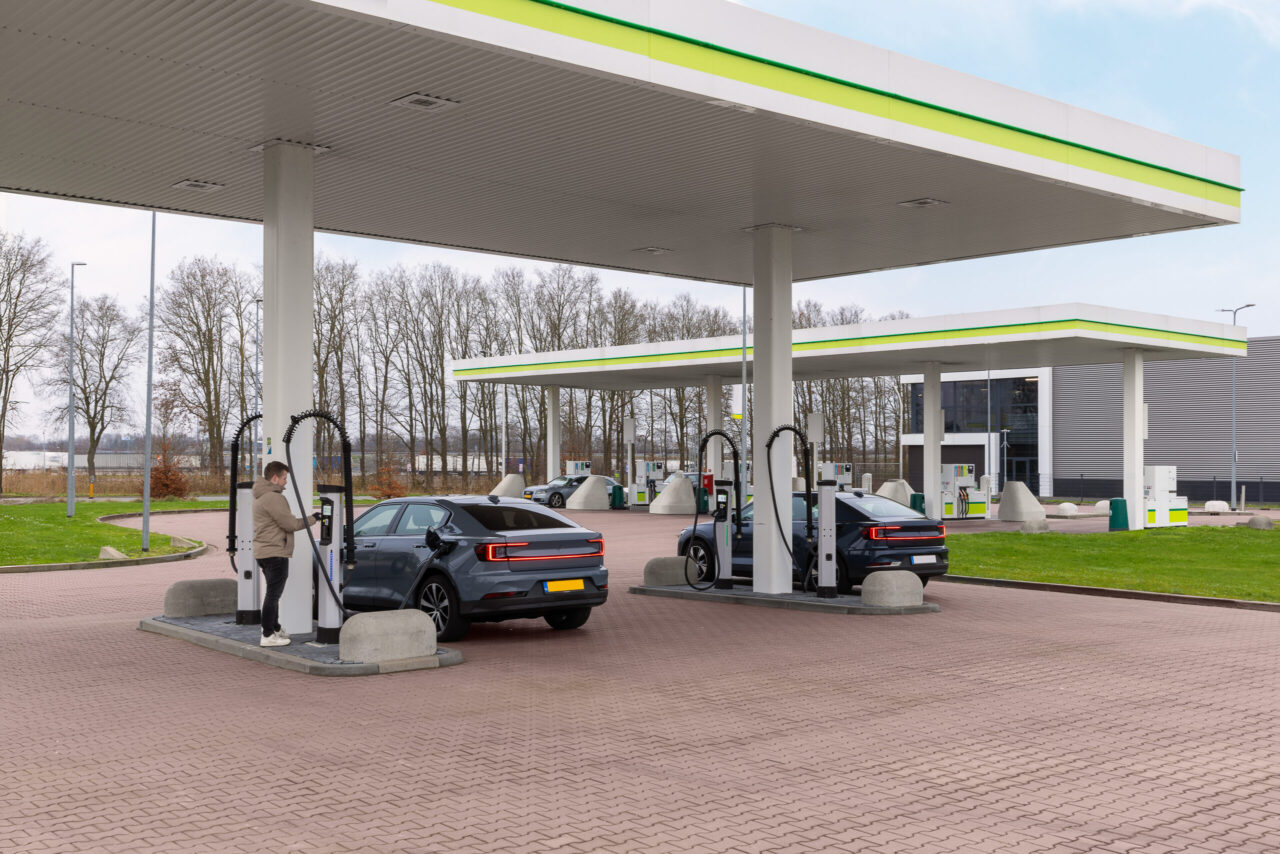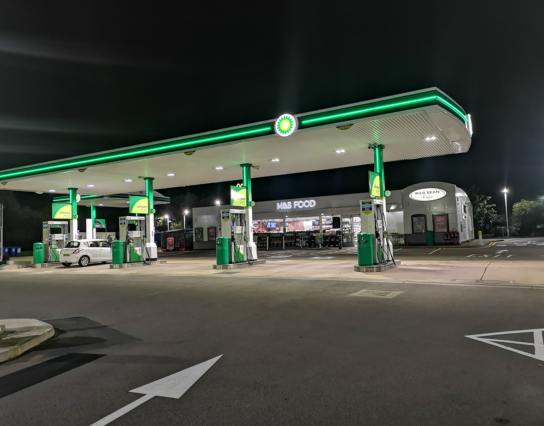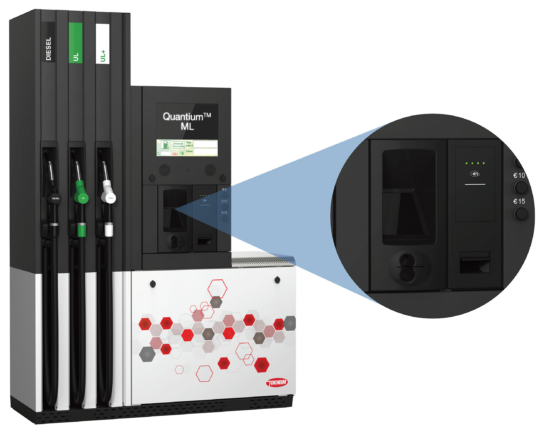A New Era
By Cheryl Ashton, Marketing Coordinator, TSG UK
Forecourts across the UK are entering a new era. Once defined solely by fuel sales, they are fast becoming dynamic, multi-purpose destinations that blend energy, retail and digital convenience. As the transition to cleaner fuels accelerates and consumer expectations shift, the forecourt is being reimagined not only as a place to refuel, but also as a place to recharge, reconnect and refresh.
This transformation is not a distant vision. It is already happening, driven by a convergence of factors: the rise of electric vehicles (EVs), the decline of cash, the demand for healthier food and the growing importance of digital infrastructure. For fuel retailers, whether independent operators or multinational giants, the challenge is no longer whether to adapt, but how quickly and effectively they can do so.
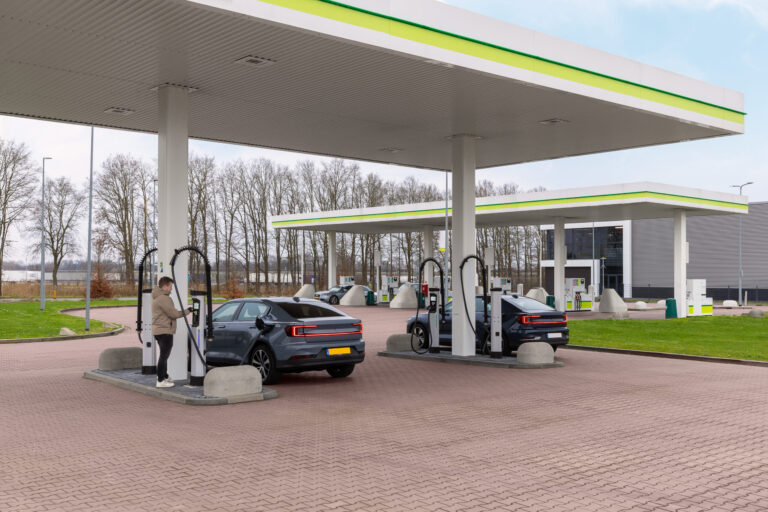
The New Energy Mix
The traditional fuel model is undergoing a significant transformation. While petrol and diesel continue to play a role, they are now joined by a growing mix of alternatives, including electricity, hydrogen, compressed and liquefied natural gas (CNG and LNG) and biofuels. This broadening of energy options is reshaping both the structure and day-to-day operations of the modern forecourt.
Retailers must consider how to accommodate multiple energy types without disrupting the customer journey. This requires more than simply installing charge points. It calls for a thoughtful reconfiguration of parking layouts, signage, traffic flow and the overall use of space. While a petrol customer may spend just a few minutes on site, an EV driver is likely to stay considerably longer. That extended dwell time creates a valuable window to engage customers, enhance service and increase in-store sales.
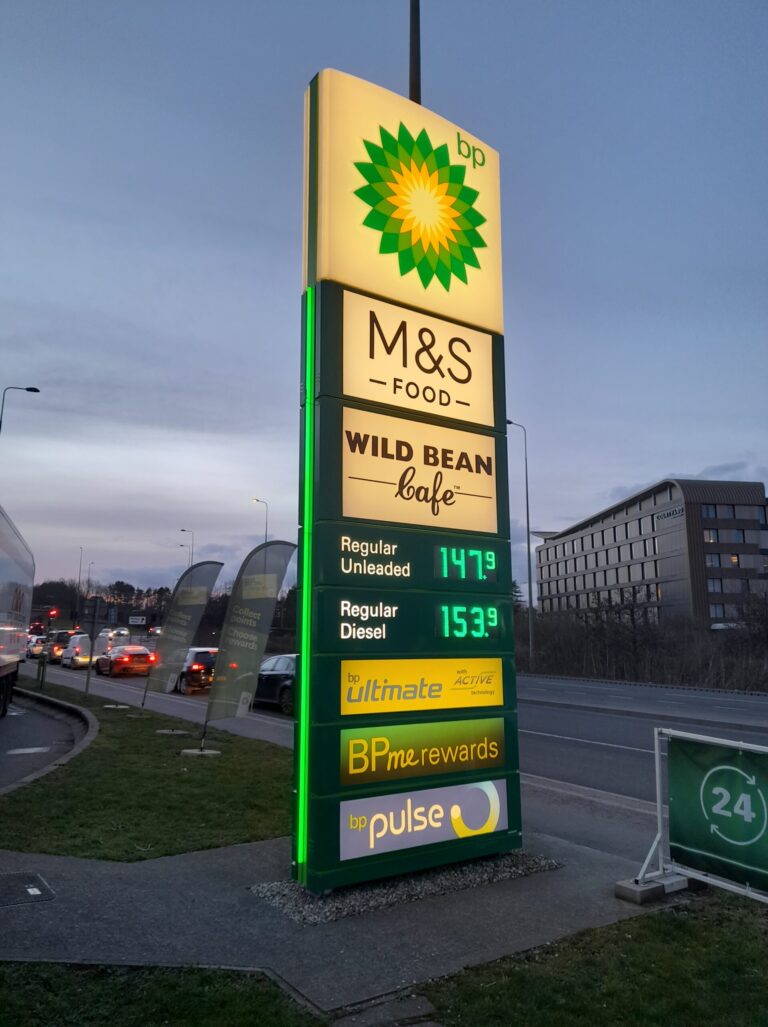
Convenience Reimagined
Today’s consumers expect more than fuel; they want quality food, good coffee, clean facilities, fast Wi-Fi and a retail experience that complements their lifestyle. In response, many independent retailers have expanded their offer, introducing cafés, postal services, fresh produce and leisure spaces. These enhancements have helped forecourts transition into convenient, community-focused destinations, with customers continuing to favour proximity and ease over large-format retail.
Major oil companies and supermarkets have followed suit, investing heavily in non-fuel retail. Their forecourts now feature branded food-to-go outlets, digital entertainment and integrated loyalty schemes. These enhancements are not simply cosmetic; they are strategic tools designed to encourage longer visits, increase basket size and foster lasting customer loyalty.
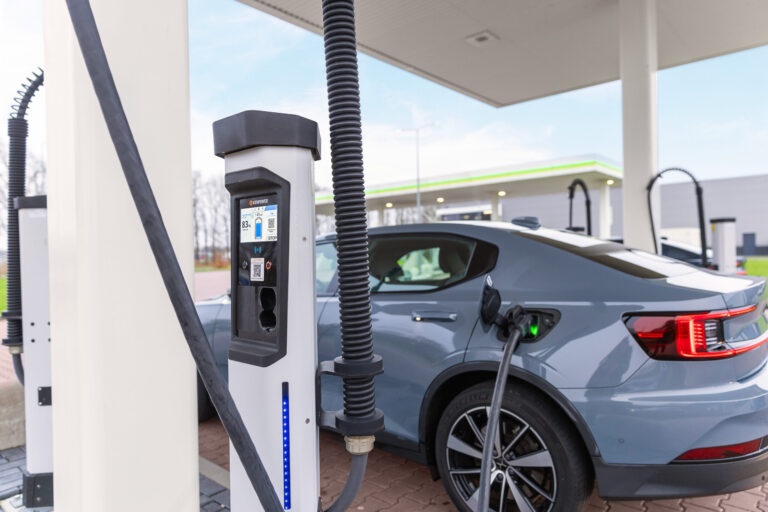
Independents in the Fast Lane
Independent retailers are well placed to benefit from the energy transition. Their agility, local insight and established customer relationships give them a natural advantage, provided they act with clarity and confidence. By treating EV charging as an additional revenue stream rather than a replacement for fuel, independents can unlock new value through in-store sales and added services.
Achieving success in this changing environment requires careful planning, with location remaining a critical factor. Urban and motorway sites are more likely to attract high EV traffic than rural stations. Retailers must assess local EV adoption, grid capacity and customer behaviour before committing to large-scale investment. In the meantime, smaller enhancements, such as improved store layout, digital media at the pump or the addition of seating, can deliver immediate benefits.
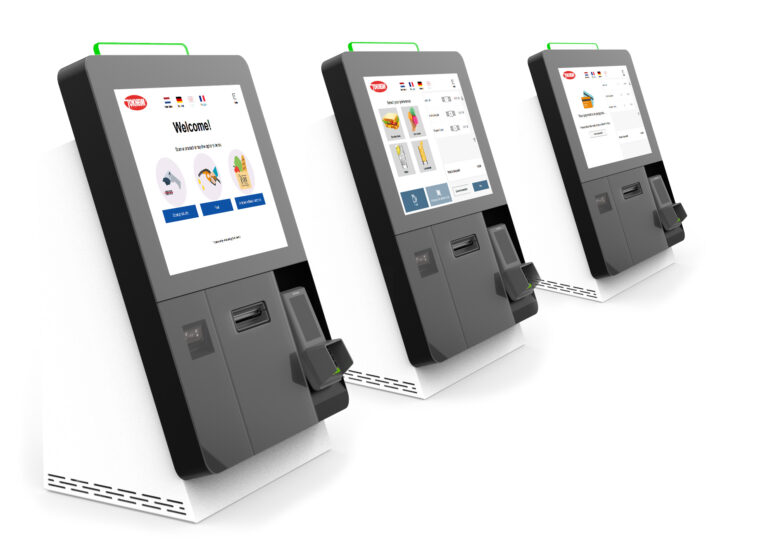
Digital Infrastructure at the Core
Technology is now the backbone of modern forecourt operations. From electronic point-of-sale systems (EPOS) to outdoor payment terminals (OPTs), digital tools are streamlining processes, enhancing security and improving service delivery.
Contactless payments, self-checkouts and mobile apps are no longer optional. Customers expect to pay quickly, securely and in the way that suits them best. Retailers must offer a full range of options, including card, smartphone, fuel card and app-based payments. Outdoor terminals are particularly valuable for unmanned or high-traffic sites, allowing drivers to refuel and pay without entering the store.
Security is paramount, as data breaches pose a significant risk to reputation and trust. Compliance with Payment Card Industry Data Security Standards (PCI DSS) is essential. Leading systems now offer point-to-point encryption, fraud detection and cloud-based management tools to ensure safe and seamless transactions.
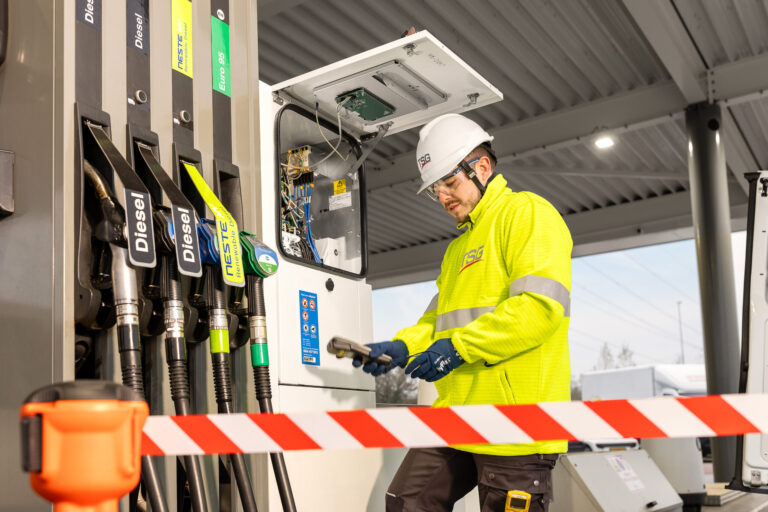
The Value of Preventative Maintenance
Well-maintained equipment is essential to customer satisfaction and operational profitability. Planned maintenance extends the life of dispensers, reduces the likelihood of emergency repairs and ensures compliance with safety regulations.
Retailers who invest in preventative maintenance benefit from predictable costs, fewer disruptions and greater peace of mind. With flexible service agreements available, businesses can tailor support to suit their specific needs, whether that involves weekday coverage or 24/7 emergency response. For larger networks, dedicated account managers offer expert oversight and guidance on system upgrades and long-term planning.
For service providers, ongoing technician training is critical to maintaining high standards across the forecourt. As the industry shifts towards alternative fuels, engineers must be fully equipped to support emerging technologies, including LNG, CNG, hydrogen and EV chargers. Continued education ensures consistency, upholds safety standards and prepares technical teams for the demands of a rapidly advancing sector.

A Blueprint for the Future
There is no single model for the forecourt of the future. Each site must reflect its location, customer base and strategic goals. However, the most successful retailers will share a common approach:
- Diversify energy offerings to meet changing demand
- Enhance the retail engagement to increase visit time and spend
- Embrace digital tools to streamline operations and improve security
- Prioritise maintenance to protect assets and ensure uptime
Retailers who take a holistic view, balancing energy, retail and technology, will be best placed to thrive in this new landscape.
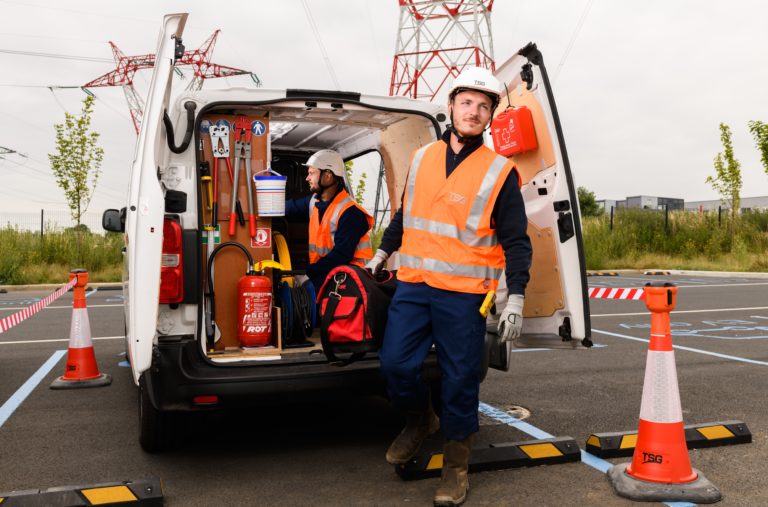
TSG is here to help
TSG UK Solutions is proud to support fuel retailers on their journey to a smarter, greener future. With over 50 years of experience and a comprehensive portfolio of products and services, TSG delivers turnkey solutions tailored to every type of operation.
From EV charge points and fuel dispensers to EPOS systems, outdoor payment terminals and preventative maintenance, TSG provides the expertise, equipment and support to transform forecourts into future-ready destinations. Whether upgrading a single site or rolling out a national network, TSG is here to help.
